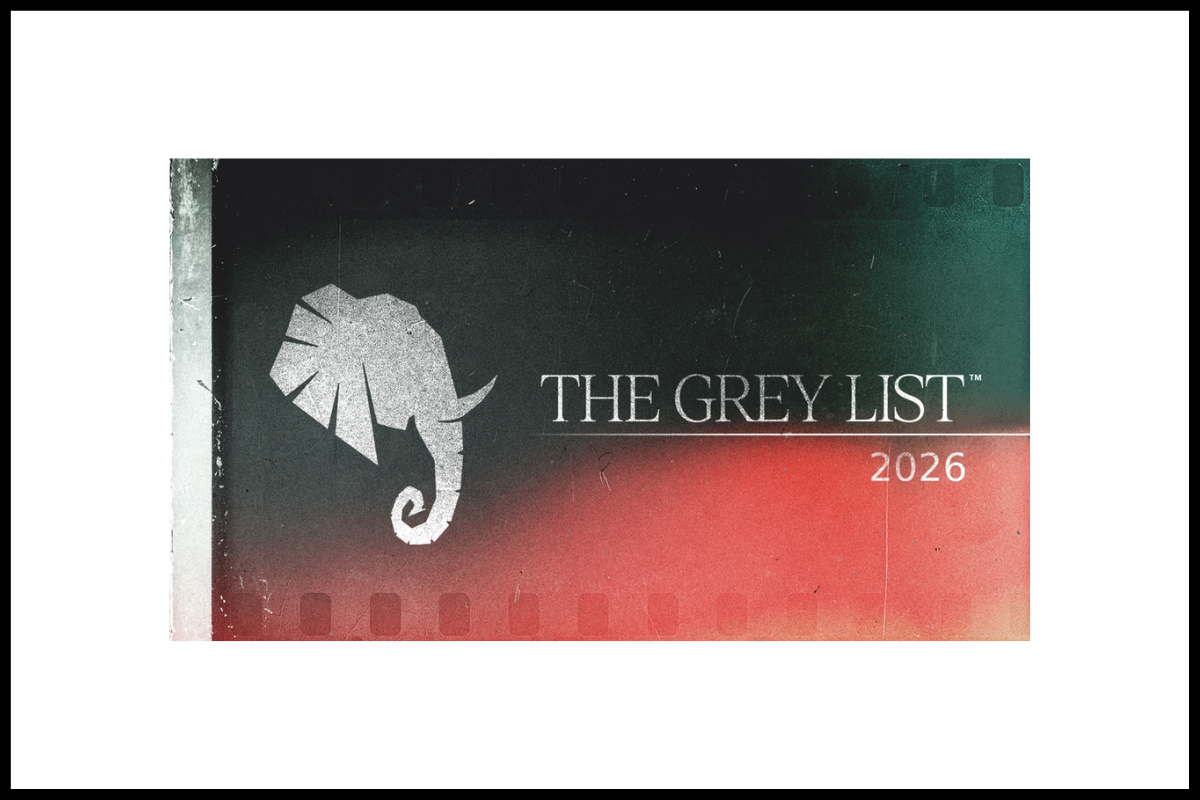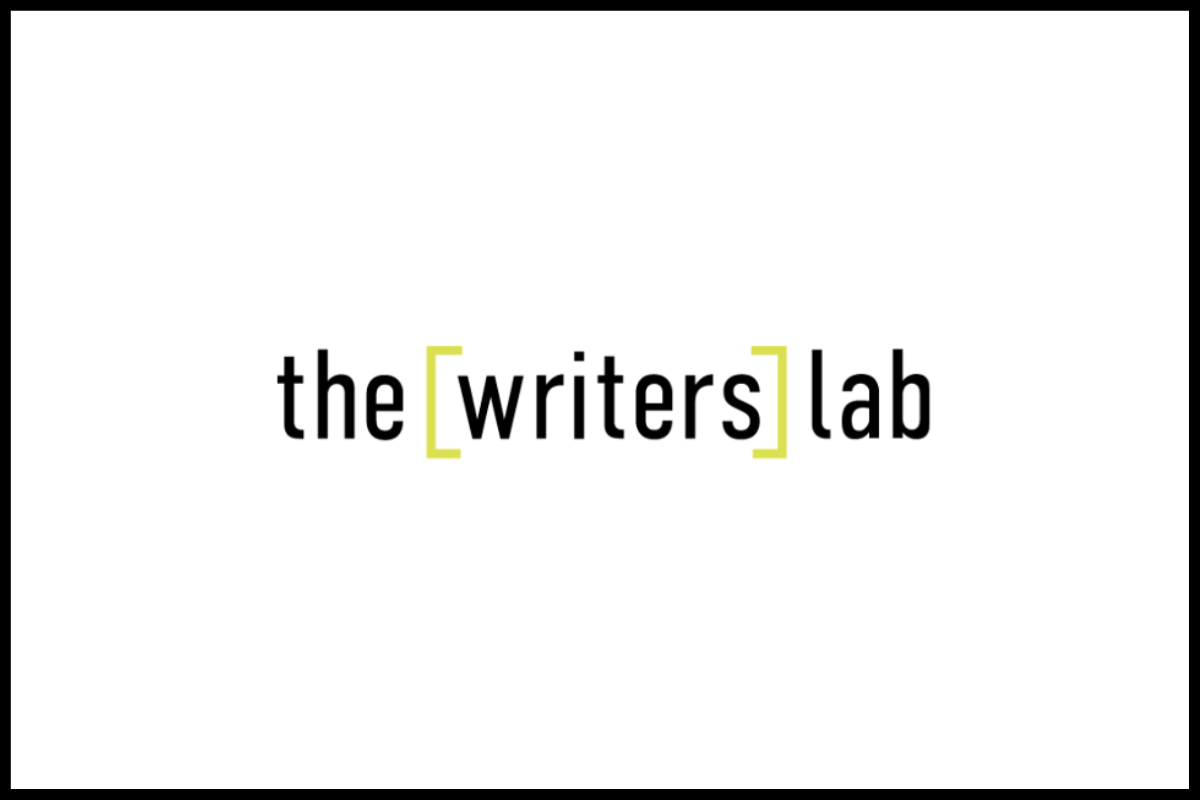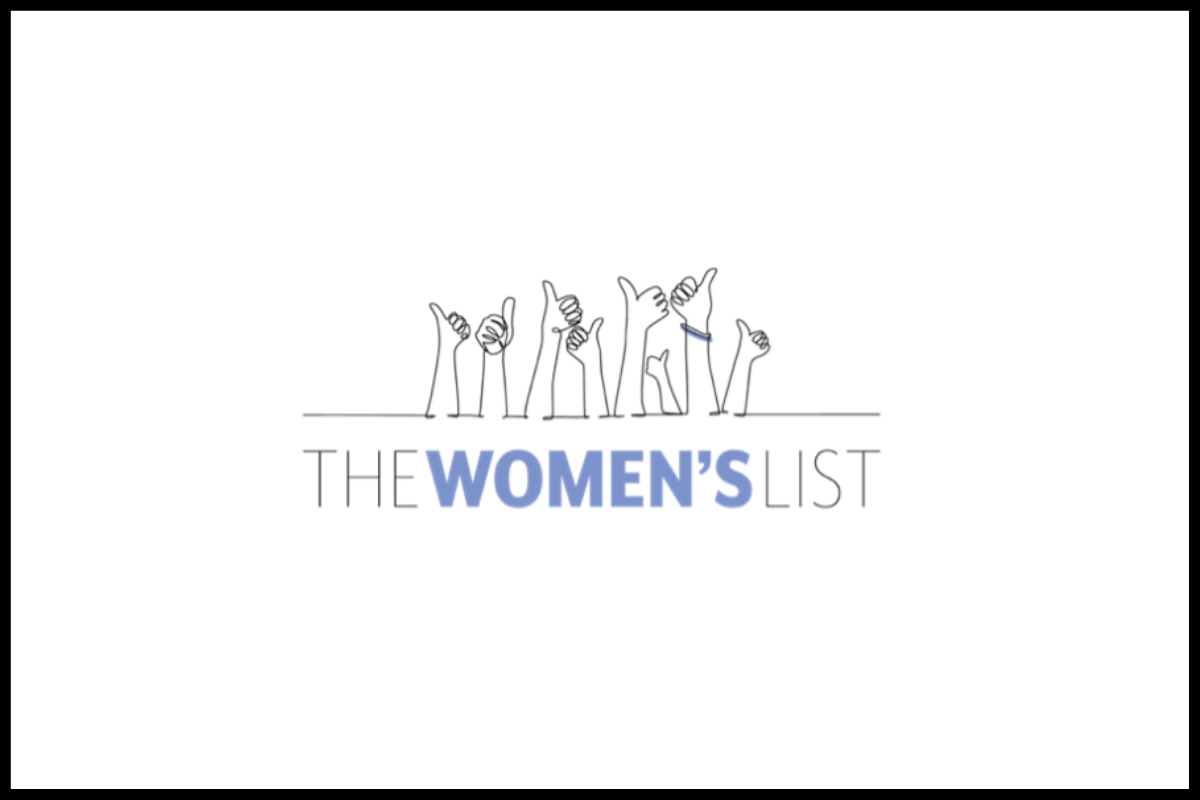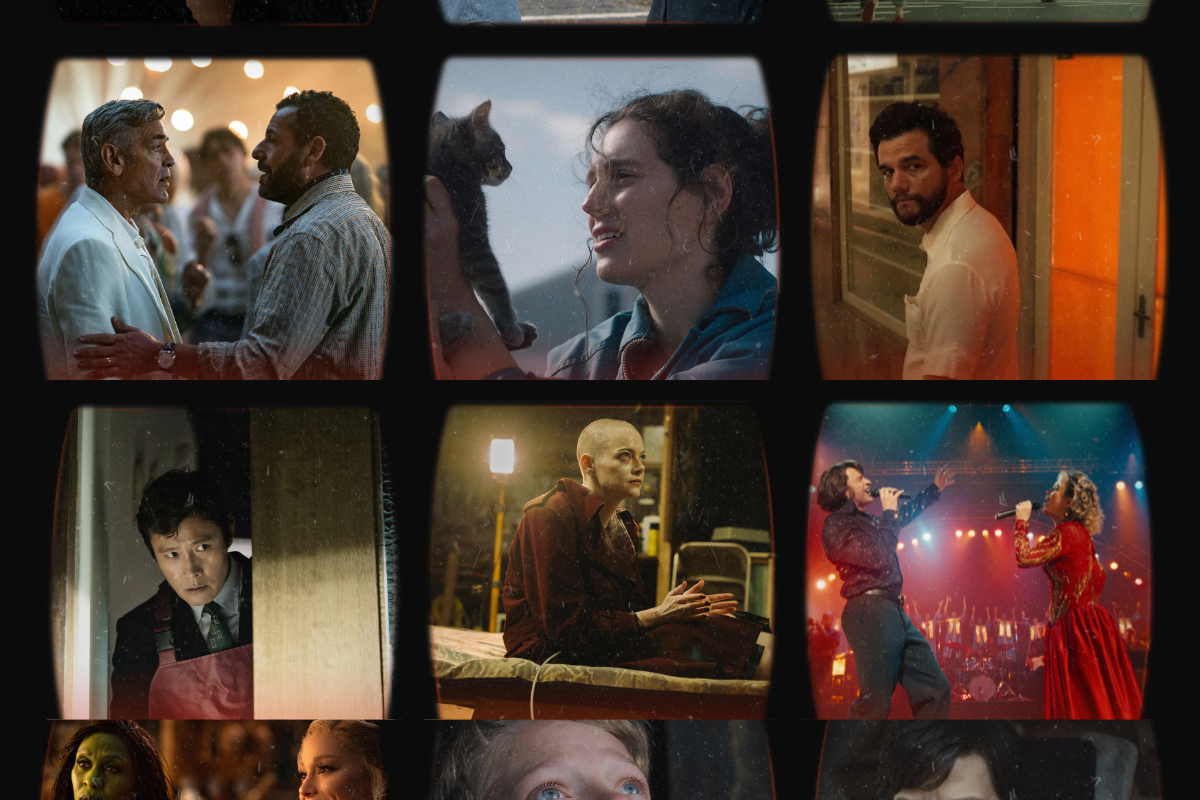The Fight for BIPOC Writers Did Not End with the Summer of Strikes: What’s Next to Diversify Hollywood
As we continue to celebrate the wins from this historic deal, we must also take the industry’s existing DEIA wins and build on them.
The date was June 1, almost a month into the 2023 WGA strike. It was also the kick-off of Pride Month. TV writers from the LGBTQIA+ community and their allies gathered outside of the Warner Bros. lot to celebrate with a very special Pride Day picket line. Picketers carried WGA protest signs with hilarious slogans like “I’m Gay For Pay” and “Pay The Gays And The Rest Of Us” while dancing to Daddy Yankee’s “Gasolina.”
As gay Latino writers, it was amazing for us to see such a huge turnout of loud and proud LGBTQIA+ creatives chanting for a fair and reasonable contract. We couldn’t help but notice something different about this event. Among the demands for better pay, regulations on the use of AI, and improving the terms for screenwriter employment, there was a clear and urgent underpinning to the message: we need more. We wanted our message to include demands specific to our community.
The work we do of uplifting the voices of up-and-coming Black, Indigenous, People of Color (BIPOC) TV writers as part of The Disruptors Fellowship, makes us keenly aware of the need for more minority representation in writers’ rooms. We are entering a post-WGA strike world with a new contract that provides minimum pay increases for all writers and we have to ensure that the same energy and effort goes into actually hiring BIPOC TV writers. As studios begin to implement the new deal’s requirements regarding the minimum number of writers who must be hired, there is now enough momentum to ensure that the number of BIPOC TV writers that are hired and paid fairly, continues to grow.
TV writers who are part of traditionally marginalized communities have disproportionately been shut out of the major gains that past studio deals have brought about. Studios follow policies of trickle-down economics which encourage the promotion of upper-level writers and a revolving door for those writers at the bottom, especially if they are “diversity” hires. When studios cut a showrunner’s budget, we are usually the first ones to be let go. To make matters worse, the consolidation of media, wealth, and resources in the last decade has only made it harder for BIPOC TV writers to truly thrive in this industry. Our numbers in writers’ rooms reflect that. According to a 2022 UCLA Hollywood Diversity report, “only 3.3 out of 10 credited writers in digital scripted TV are people of color.”
This is why the strike mattered so much to us. Many of the writers who were part of this historic strike are lower level or emerging. Underrepresented writers have to risk so much financially to make equitable gains for the collective. We may have been panicking as we wondered how we were going to pay the bills, but when asked to show up to the picket lines, we did. Rain or shine. We may have had zero experience managing teams of 20+ writers, but when asked to sign up to be Lot Coordinators and Strike Captains, we absolutely did. We stood shoulder-to-shoulder with showrunners and fought for a better contract with the same fervor as them as if we had our own deals, shows, and crews on the line. When studios order a mini-room–an underpaid practice that will have a 25% minimum pay increase with the new deal– we may only be invited for a few weeks, if at all. And when studios don’t pay production enough to have writers on set, the ones who suffer the most are emerging writers who lose the opportunity to gain the necessary experience to develop a more permanent and established career.
With the work historically marginalized TV writers put in at the picket lines, we have more than paid our dues and deserve to benefit from this new $233 million dollar agreement. More of us deserve to be hired. We should be kept on a show for the entire duration of a season and not just the 20-week minimum. We should be invited to pre-greenlit rooms - a studio practice that underpays writers but one that will now have a 25% minimum pay increase and weekly minimums. It’s time for studios to diversify Hollywood and create more pipelines into the industry with better opportunities that offer a clear path forward for our communities.
We do not want to rain on anyone’s parade. From the increased health and contribution rate to the agreements around the use of AI, we are so proud of what was accomplished. We need to make sure that the progress that’s been made to diversify Hollywood doesn’t erode once the celebration parties are over and we go back to business as usual. Without a continued commitment to Diversity, Equity, Inclusion, and Accessibility (DEIA), the lack of BIPOC TV writers in writers’ rooms will have a noticeably adverse impact on the diversity of characters and storylines audiences will get to see on the screen. And with a minority population that, based on the 2022 United States Census figures, has crossed the 40% mark, having TV shows that reflect and represent our viewing audience will be more important than ever.
When programs like The Disruptors Fellowship offer financial compensation, instead of working to provide basic necessities for themselves or their families, writers can focus their time on creating new content, learning the do’s and don’ts of the TV writing industry, bonding with fellow writers of color, and asking the questions that matter. These experiences, although not always perfect, are transformative in many ways and have helped countless creatives move up the TV writing ladder.
As we continue to celebrate the wins from this historic deal, we must also take the industry’s existing DEIA wins and build on them. There’s a plethora of untold stories that BIPOC, LGBTQIA+, immigrant, and disabled TV writers have to offer. The amazing worlds, characters, and stories that these writers bring to our TV screens ensure that our history is not erased from Hollywood.
Learn more about the craft and business of screenwriting and television writing from our Script University courses!
Julio Salgado is a multimedia artist based in Long Beach, CA. He is a Sr. Program Manager at The Center for Cultural Power where he co-created The Disruptors Fellowship. This fellowship was designed for emerging television writers of color who identify as trans/and or non-binary, disabled, undocumented/formerly undocumented immigrants. Salgado's artwork has been displayed at the Oakland Museum, SFMOMA and Smithsonian.







